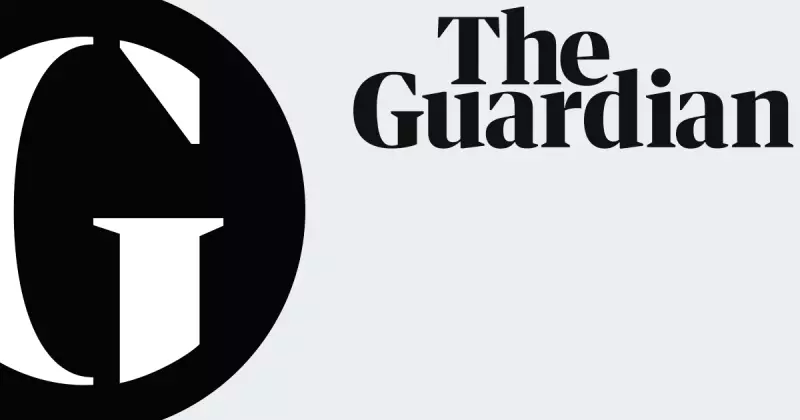
The ongoing conflict in Gaza has placed journalists in the crosshairs, with the recent Israeli airstrike on Al Jazeera staff underscoring the extreme risks faced by reporters in war zones. As the violence escalates, media professionals are increasingly vulnerable, raising urgent questions about press freedom and safety.
The High Cost of Truth-Telling
Covering conflicts has always been perilous, but the situation in Gaza has reached new levels of danger. Journalists are not just witnesses to the violence—they are becoming targets themselves. The attack on Al Jazeera personnel is a stark reminder of how hazardous war reporting has become.
A Pattern of Targeting
This isn't an isolated incident. Multiple media organizations have reported attacks on their teams in Gaza, with press insignia offering no protection against airstrikes. The international community has expressed growing concern about what appears to be a disturbing trend of journalists being singled out.
The Human Toll
Behind every statistic is a human story—families devastated, careers cut short, and vital reporting silenced. The psychological impact on surviving journalists is profound, yet many continue their work despite the trauma, driven by a commitment to bearing witness.
Press Freedom Under Fire
These attacks represent more than personal tragedies—they threaten the very foundation of press freedom. When journalists cannot report safely, the world loses its window into conflicts, and accountability becomes harder to achieve.
As the bombs continue to fall in Gaza, the international community faces pressing questions: How can journalists be better protected? What mechanisms exist to investigate attacks on media personnel? And at what point does the targeting of journalists constitute a war crime?





